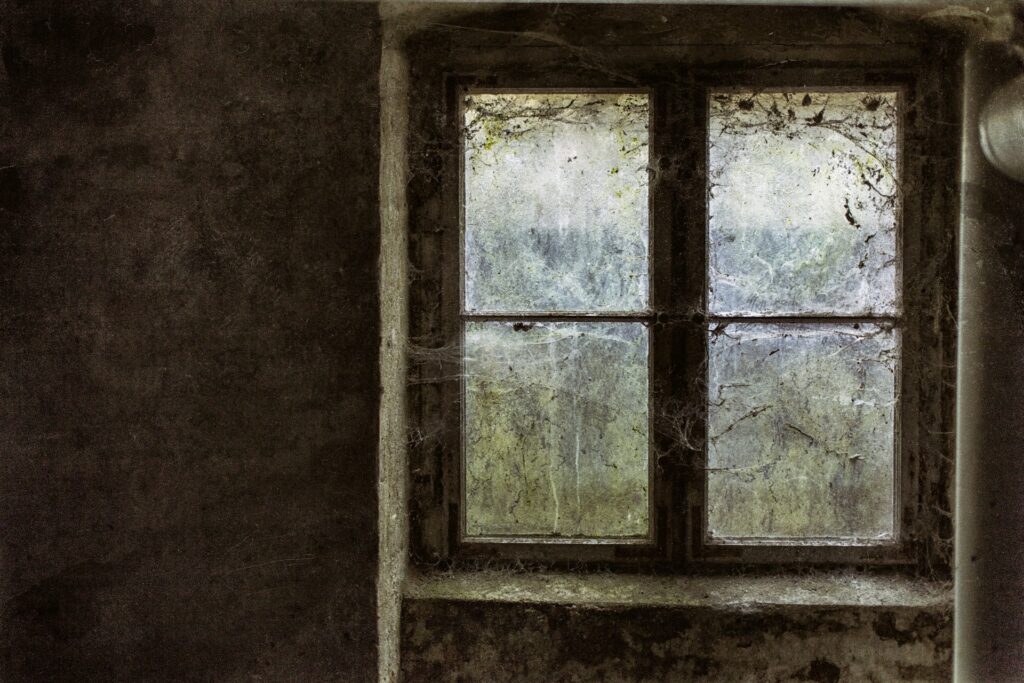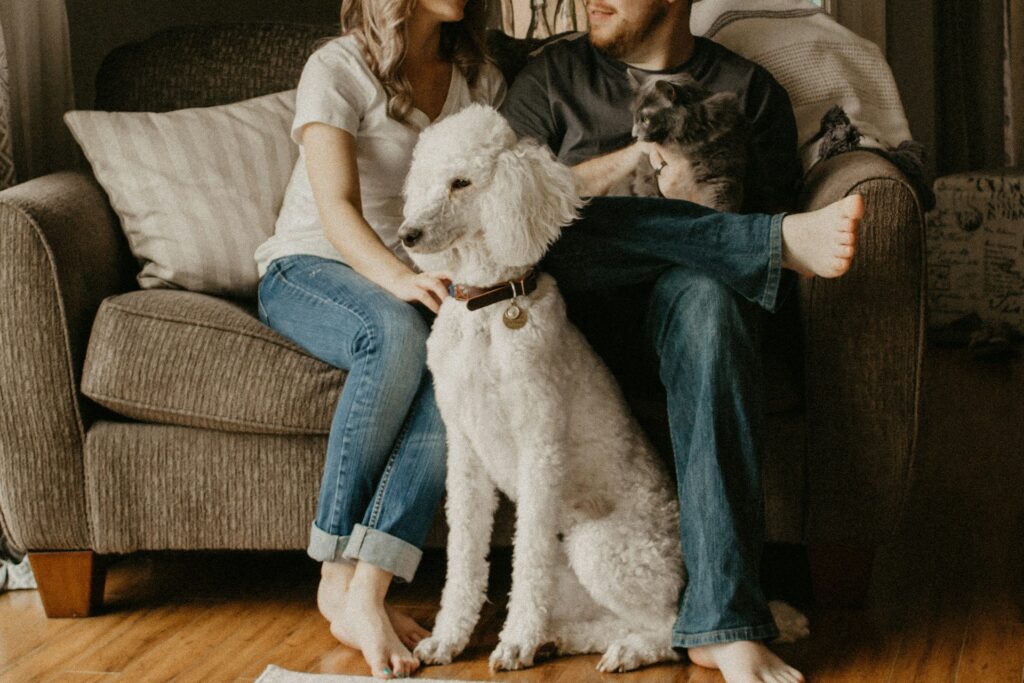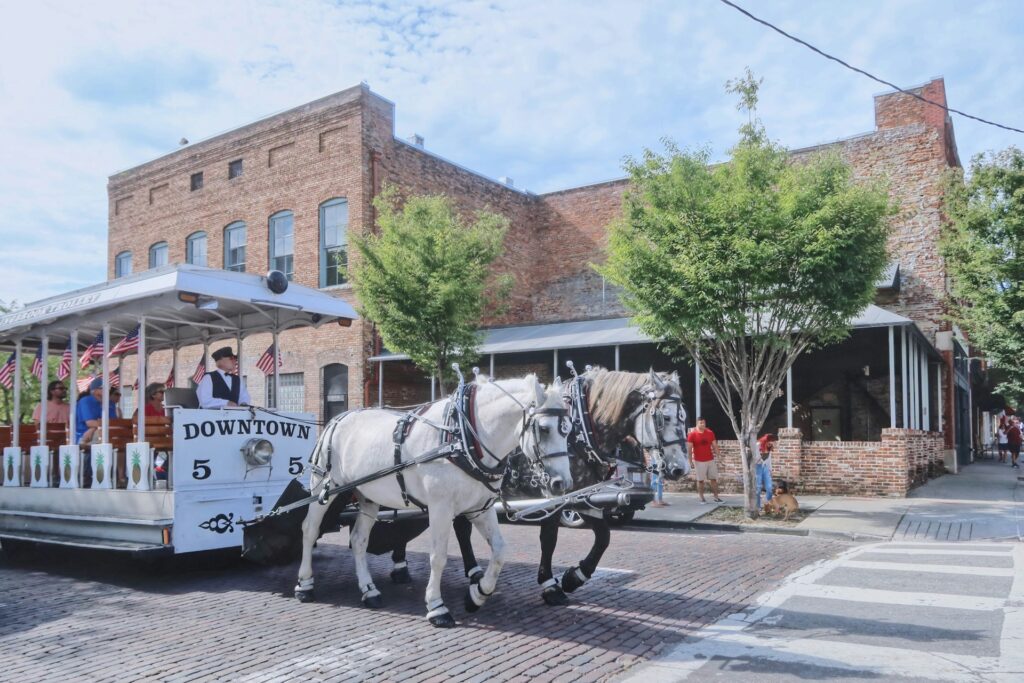
We are reader-supported. When you buy through links on our site, we may earn an affiliate commission.
Signing your first lease is an exhilarating time in your life. It’s likely the first time you’re living apart from your caregivers and getting to experience the real world. With your first lease come feelings of adulthood, but remember to take your time while doing your apartment search. You don’t want to end up stuck in a year-long lease with a rude landlord and a hole-infested ceiling.
Learn what to look out for before your pen crosses that dotted line. Doing so will help you find a place that fits your needs with as few quirks as possible.
1. Check Out the Landlord
One of the last things you want is a nightmare landlord. People have experienced everything from their landlord locking up the thermostat to being indicted for fraud. Springing for the cheapest option is incredibly tempting — especially in this economy — but you might end up answering to someone who has none of your best interests in mind.
While you’d like to think all landlords are there to help you with housing, some are just in it for the money. They’ll be the ones who make you pay for things that weren’t your fault or refuse to fix things because they don’t want to have to shell out a bit of cash for a place they don’t live in. Avoiding these landlords — even when the rent is a bargain — is essential, as these places will end up making you more miserable than happy.
When you find a place you’d like to live, check out the landlord first. See if you can find reviews for their property online to see what their current and past tenants have to say. People online tend to hold nothing back, so you’ll probably find almost everything you need to see in the reviews. You could also peek at social media or see if you can talk directly to who’s living there now. If all’s well, you’re on your way to signing your first lease.
2. Tour the Space
Another thing you should do before signing a lease is to take a thorough look at the apartment you’ll rent. Don’t rely on any online photos exclusively because someone could’ve easily edited those or covered up that they’re 20 years old. The only unfiltered, up-to-date look you’re going to get at the space is if you schedule a tour of the building.
Even if you’re a little nervous and going for a tour seems intimidating, saving yourself from a year of broken pipes and moldy ceilings is worth it. You’ll also have a better chance to talk to the landlord when you visit the building. See how they treat newcomers, current tenants and the structure itself. While people don’t have to be best friends with their landlord, they should at least seem comfortable saying hi if they cross paths in the hallway.
A tour also lets you take note of any damage that might already be present in the apartment and document it. While the landlord hopefully schedules regular inspections covering general safety aspects, they might not, so take photos of anything broken. Then, bring those flaws to the landlord so you can get it in writing that they’ll fix the issues before you move in or while you live there. Alternatively, you’ll know if they refuse to and can continue your search elsewhere.
3. Determine Who’s Paying for the Utilities
While you’re getting the lease squared away, be sure to check out what utilities are included in the rent, if any. Landlords frequently include things like heat, gas or trash, so check for those before signing so you’ll know exactly what you’re getting into. You can budget your money better and save accordingly by knowing if your utility prices will fluctuate.
Additionally, check for any potential discrepancies in the document before signing your first lease. Any legal document that looks like someone made it themselves is suspicious, so do your research and see if the lease is legal. You should also know if where you live places limits on what landlords can charge you for. For example, charging tenants for water is illegal in Massachusetts unless each apartment has a water meter installed.
4. Review Any Policies
If you’re renting in a complex, it might have great amenities like a gym or pool. While those are great, you might want to see if you can bring guests. If you plan on having a partner, family, or a friend visit, double check the lease to ensure when you can have visitors and for how long. Because complexes have their own lots and limited amounts of guest spaces, they often limit how many outside people can come in at one time.
One common rule is guests are allowed to park in the lot after some time of night — usually 5 or 6 p.m. Others might not mind who comes to visit, but you might run into the occasional landlord who puts time limits on how long people stay. For example, they may not approve if your partner stays with you for a week or so. All those details should be in the lease — along with if you can bring guests to the included amenities — so review that information before you sign.
If no such policies are in the lease, your landlord might not mind when you have visitors or they simply don’t have the rules written down. Then, you must ask what their rules are and get them in writing before preparing to live there. They may have policies that aren’t in the lease but that they constantly remind you of. To avoid any hassle, check for these limits in the lease and ask the landlord to include them if they’re not. Getting everything in writing is vital.
Also, see what modifications you can make. Some landlords are fine if you paint the walls, while others don’t even want you using thumbtacks. Check the contract to see if they specify the rules and ask about it if they don’t.
Prepare Before Signing Your First Lease
When you’re entering the world of renting, there’s a lot to learn. Signing your first lease is an exciting time, but you have to do a lot of preparation before pen meets paper. Keep an eye out for these things to ensure your first time renting is an excellent one.










